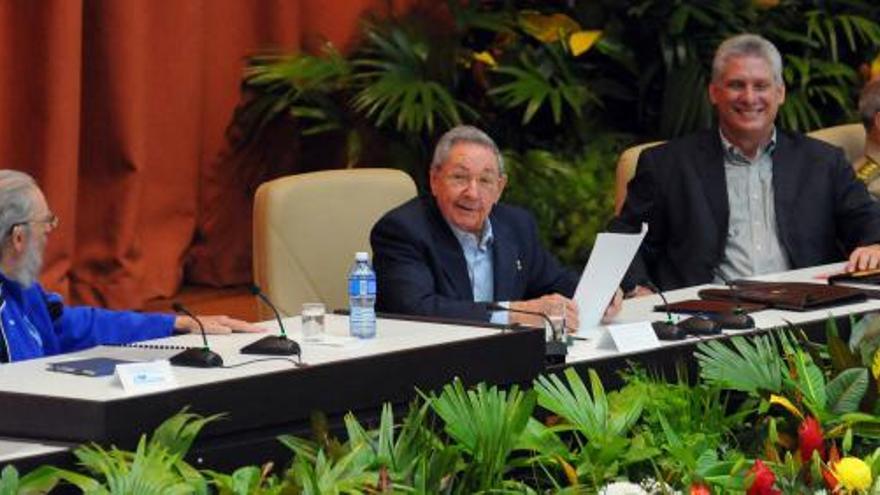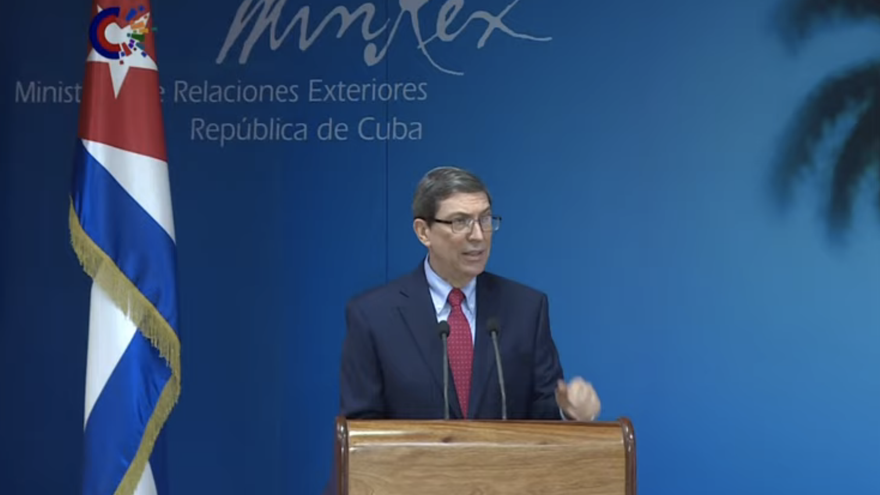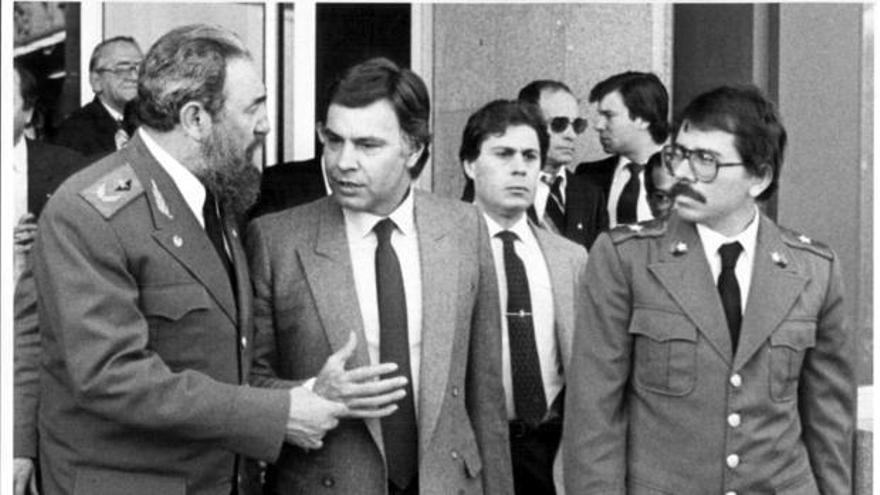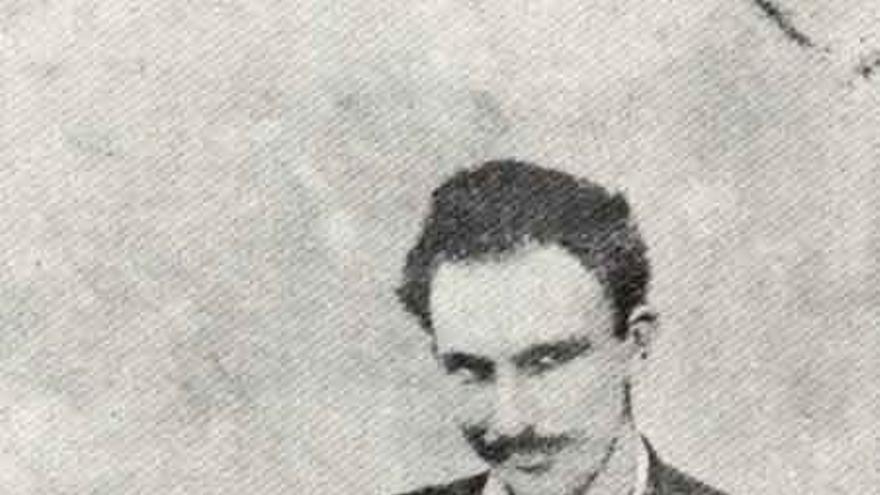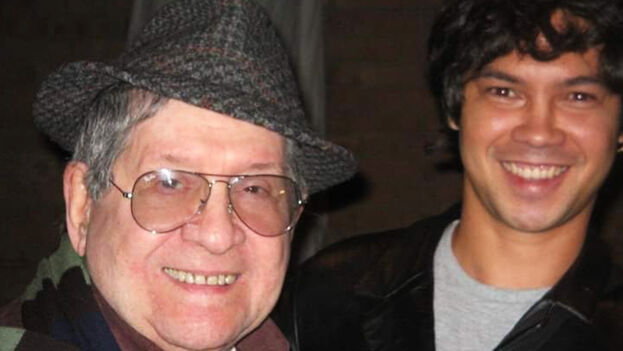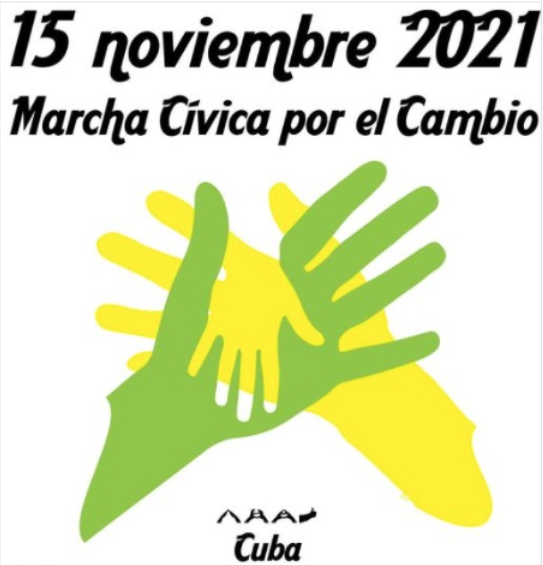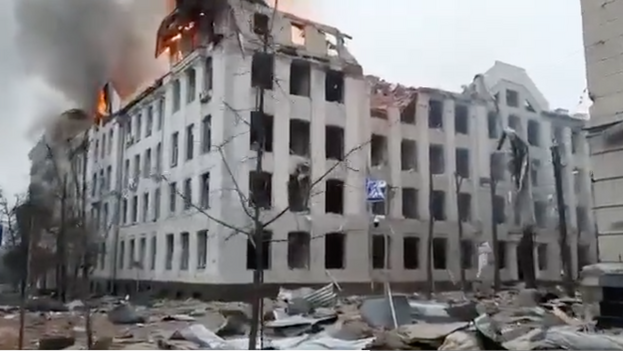
![]() 14ymedio, Yunior García Aguilera, Madrid, 2 March 2022 — When NATO bombed Yugoslavia in 1999, the Cuban government’s statement condemned “the monstrous crime with all energy.” The document placed special emphasis on the elderly, pregnant women and children who lived under the terror of the bombs, listening every minute for the sound of the sirens, running towards the shelters with children in their arms or helping the disabled. And yes, the drama of war is appalling. But also appalling is the hypocrisy and double standards of a cynical regime that will no longer be able to use the word anti-imperialism without sounding like Tartuffe.
14ymedio, Yunior García Aguilera, Madrid, 2 March 2022 — When NATO bombed Yugoslavia in 1999, the Cuban government’s statement condemned “the monstrous crime with all energy.” The document placed special emphasis on the elderly, pregnant women and children who lived under the terror of the bombs, listening every minute for the sound of the sirens, running towards the shelters with children in their arms or helping the disabled. And yes, the drama of war is appalling. But also appalling is the hypocrisy and double standards of a cynical regime that will no longer be able to use the word anti-imperialism without sounding like Tartuffe.
Now it seems that, for the Cuban leadership, in Ukraine there are no children, no pregnant women, no elderly. The recent Havana declaration speaks this time of “Russia’s right to defend itself” and “the just claims of the Russian Federation.” For the Caribbean Putinists, the draft resolution vetoed by Russia in the UN Security Council was an unbalanced document, which did not take into account the “legitimate” concerns of all the parties involved. All the media are wrong, except Granma, TeleSur and RT!
In January, the Russian deputy foreign minister bragged about establishing military bases in Venezuela and Cuba. His Latin American lackeys preferred to shut their mouths and smile at Putin, but this threat resurrected the ghosts of the Cold War, which had already been poking their noses in the global context for a long time. We Cubans are very aware of the Missile Crisis of October 1962. Khrushchev did not trust Fidel Castro. For the Soviet leader, Cuba was just a missile carrier 90 miles from his great enemy. The old fox was kind enough to send the nuclear warheads separate from the rockets, knowing that the Cuban soldiers had no idea what such a weapon looked like.
When the reckless cigar smoker suggested in a telegram that he be the first to launch the missiles and stressed that his people were ready to disappear under the nuclear mushrooms, Nikita realized that he had completely screwed up. Khrushchev preferred to resolve the conflict with Kennedy without inviting Fidel Castro. Feeling neglected, they say that he became depressed as he clicked his heels. Maybe he started to have a phobia about the word missiles, who knows? Perhaps that is why in Cuba that event is known as the “October Crisis,” to avoid mentioning uncomfortable little words. Anyway… while the USSR withdrew its strategic weapons, in Havana they chanted: “Nikita, mariquita, lo que se da no se quita” [Nikita, sissy, you can’t take back what you give]. continue reading
In 1968 Soviet tanks entered Prague, giving a direct kick to the “human face” of socialism. In total contradiction to all his rhetoric, the bearded Cuban went on television stating that the socialist camp had every right to prevent, one way or another, Czechoslovakia from choosing the color of its spring. Twenty years later, the USSR itself recognized that this action had constituted an interference in the internal affairs of a sovereign country, but the damage had already been done. And that stain on the record of Castro’s discourse has yet to be erased by any detergent.
In recent days we have seen the president of the Duma, Vyacheslav Volodin, walking around Havana with his come hither eyes. A day earlier, that legislative body postponed the repayment of Cuba’s debt, some 2.3 billion dollars in loans to the Island between 2006 and 2019. That gives us an approximate idea of how much it costs, for the Diaz-Canel team, to pass all his anti-imperialism under the Arc de Triomphe, all his talk about the sovereignty of nations, non-interference, the UN Charter and world peace. We can already imagine how the Cuban delegation will vote* on the resolution being discussed this Wednesday at the special emergency session of the United Nations General Assembly.
The Russian invasion of Ukraine is illegal, illegitimate and unjustifiable. In that 1999 statement on the NATO bombing of Yugoslavia, Cuba ended with exclamation points: “Stop the bombing! Stop the genocide! Stop the war!” This time they give us a document full of zigzags, with a very high dose of cynicism and too much insolence. As I write these lines, the number of Ukrainian refugees rises to 677,000, about 150 civilians have died, including more than a dozen children. But for the Havana of Diaz-Canel, (sorry, of Putin), now it is about “collateral damage.” Putin’s Havana does not believe in tears.
*Translator’s note: In fact, Cuba abstained from the vote in the United Nations General Assembly to reprimand Russia for its invasion of Ukraine; the final count was 141 countries in favor, 35 abstaining, and 5 against.
____________
COLLABORATE WITH OUR WORK: The 14ymedio team is committed to practicing serious journalism that reflects Cuba’s reality in all its depth. Thank you for joining us on this long journey. We invite you to continue supporting us by becoming a member of 14ymedio now. Together we can continue transforming journalism in Cuba.

